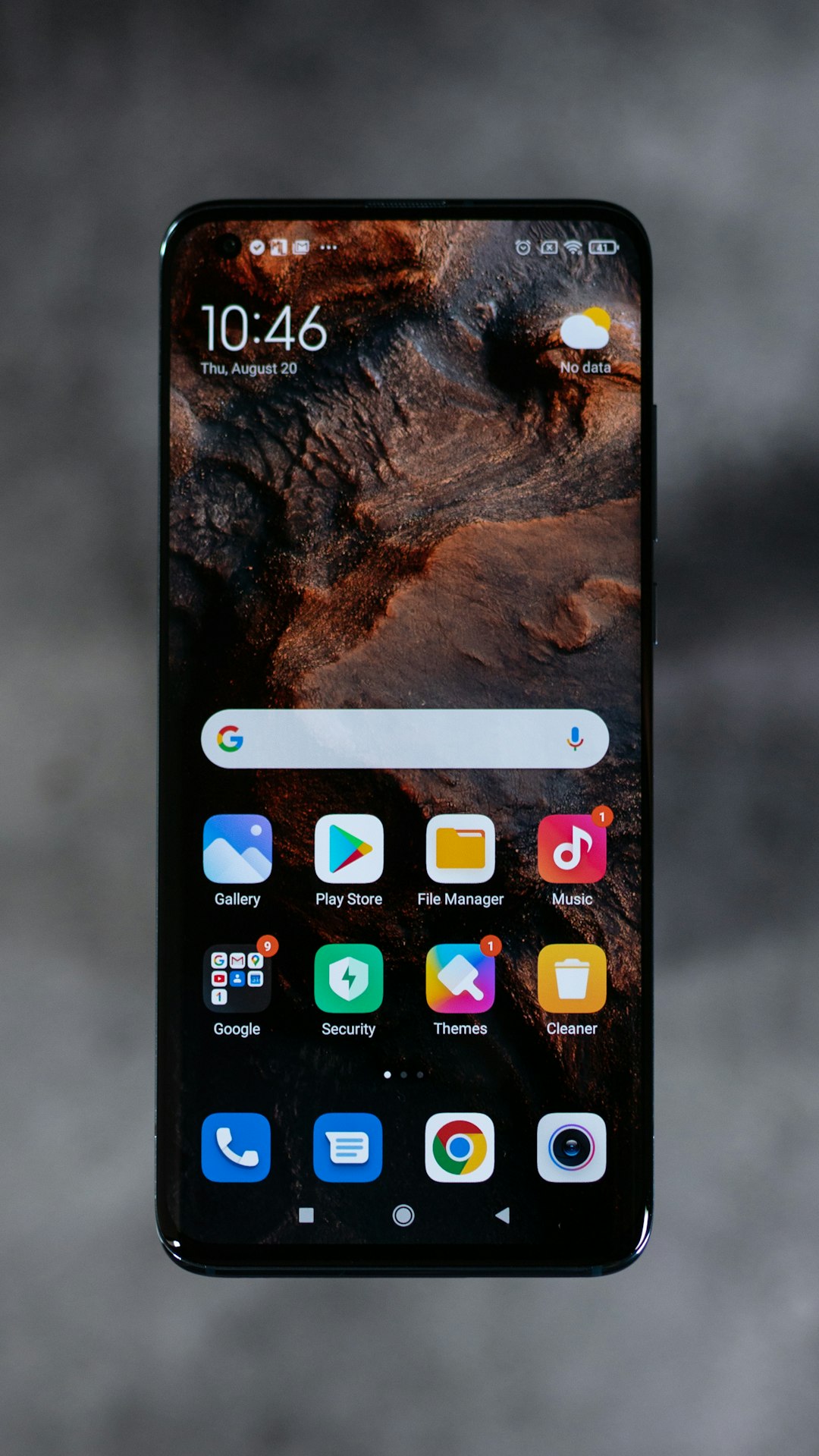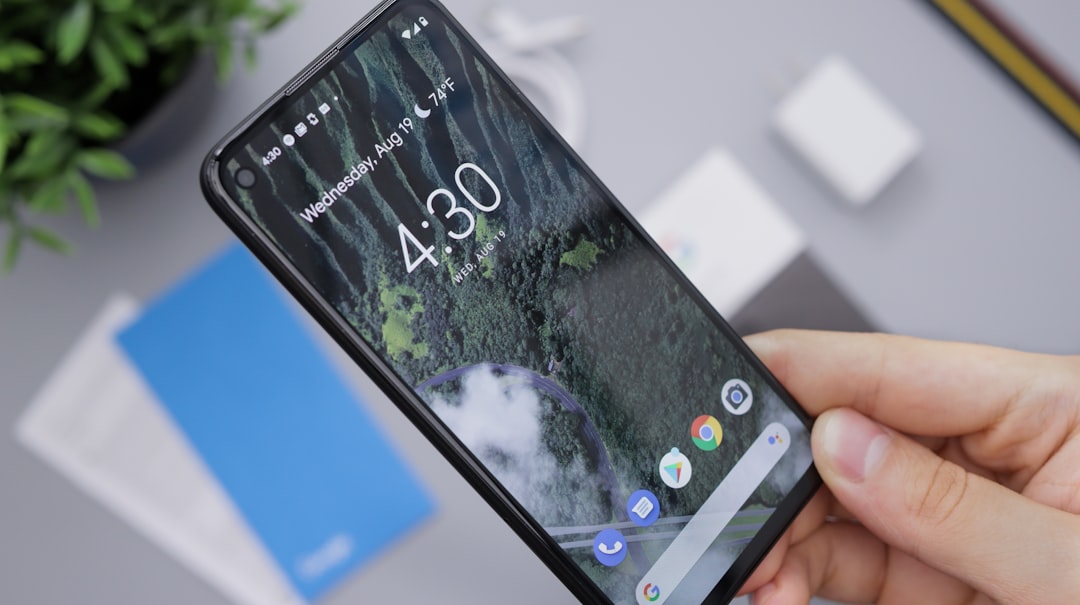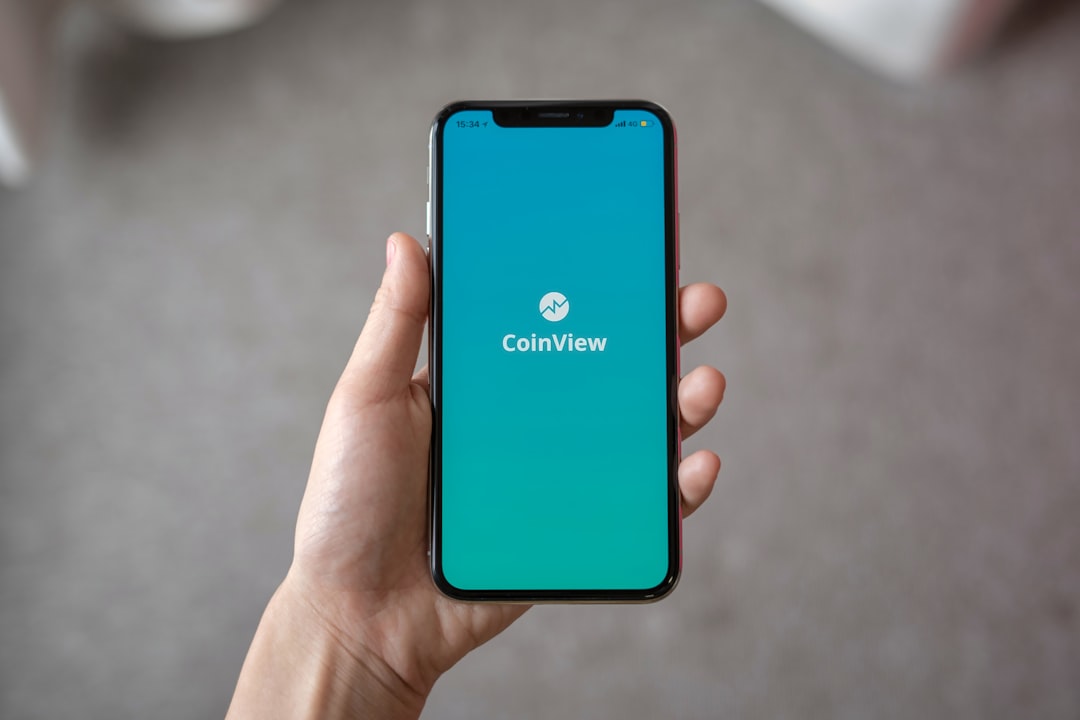Robocalls, automated phone calls using computer voices, are common in New Hampshire, raising privacy concerns due to potential law violations. The state's robocall laws target law firms, requiring prior written consent for marketing calls and mandating do-not-call times and caller ID. Concord residents can protect themselves by registering for the National Do Not Call Registry, being cautious with number sharing, using call-blocking apps, and staying informed about robocall law firms in New Hampshire.
In Concord, New Hampshire, understanding robocalls is more than just knowing a nuisance; it’s essential to navigating modern communication. This article delves into the world of robocalls, exploring their mechanics and impact on residents. We dissect New Hampshire’s robocall laws specifically targeting law firms, ensuring compliance and safeguarding citizens’ privacy. Additionally, we offer practical tips to arm yourself against unwanted calls, empowering you to reclaim control in this digital age. Stay informed, stay safe—especially from robocalls.
Robocalls Explained: What They Are and How They Work

Robocalls, a term that has become increasingly prevalent in our digital age, refers to automated phone calls using technology to deliver pre-recorded messages en masse. These automated messages are often associated with marketing or sales efforts, but they can also be used for important announcements or notifications from government agencies or healthcare providers. In the context of New Hampshire law firms, robocalls have raised concerns among residents and regulatory bodies alike due to their potential violation of privacy rights and consumer protection laws.
At their core, robocalls work by utilizing computer-generated voices and sophisticated dialing systems. Phone numbers are randomly selected from databases or purchased lists, and these automated systems then dial the numbers sequentially, playing the pre-recorded message to each recipient. The effectiveness lies in the ability to reach a vast number of people quickly, making it a popular tool for businesses and organizations seeking to communicate with their target audience. However, this convenience also presents challenges, as unwanted or fraudulent robocalls can be a significant nuisance and even pose security risks to individuals.
New Hampshire's Robocall Laws and Regulations for Law Firms

In New Hampshire, robocall laws specifically target law firms to protect residents from unsolicited automated calls. These regulations are designed to ensure that legal professionals maintain ethical practices when communicating with potential clients. According to the state’s guidelines, law firms must obtain prior express written consent from individuals before initiating automated telephone calls for marketing purposes. This means that any robocall campaigns initiated by law firms within New Hampshire must be preceded by a clear and unambiguous authorization from the caller.
Additionally, these laws enforce specific do-not-call hours and require identification of the caller. Law firms are prohibited from making automated calls between 9:00 p.m. and 8:00 a.m., unless the caller has given prior consent. Each robocall must include a clear message disclosing the identity of the law firm and the purpose of the call. Failure to comply with these robocall laws for law firms in New Hampshire can result in significant penalties, emphasizing the importance of adhering to these regulations to protect consumer rights and maintain legal ethics.
Protecting Yourself: Tips to Stop Unwanted Robocalls

In the face of increasing robocalls, protecting yourself from unwanted and fraudulent calls is more important than ever. Here are some practical tips to help stop robocalls in Concord, New Hampshire. First, consider registering your number on the National Do Not Call Registry. This federal list restricts telemarketing calls to your number, offering a significant first line of defense against robocallers. Additionally, be cautious about sharing your phone number publicly or with unknown sources, as this can make you more susceptible to automated calling campaigns.
Many modern smartphones also have built-in call blocking features and apps that can identify and filter out known robocalls. Utilizing these tools, along with being mindful of the numbers you share, can significantly reduce the volume of unwanted calls you receive. For added protection, consider using a reliable call-blocking service or app specifically designed to combat robocalls, leveraging advanced algorithms to identify and block automated phone scams before they reach your line. Stay informed about the robocall law firms operating in New Hampshire to be alert and take proactive measures against these nuisances.






